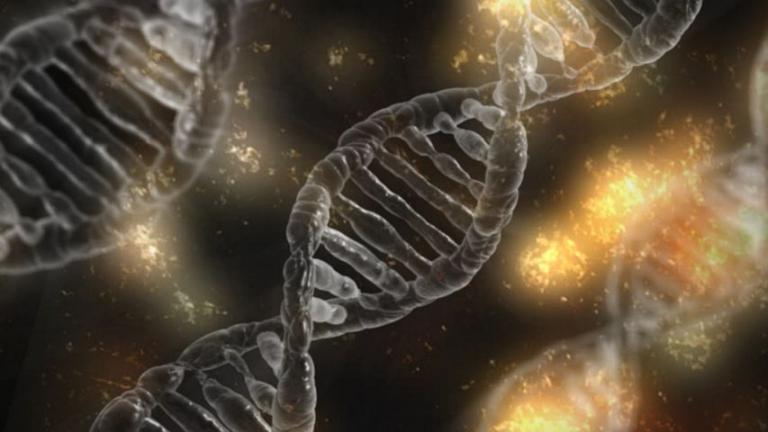 Humans have been asking this question for ages: What’s the purpose of our creation? Why are we here? This may be a moot question for the atheists. The evolution vs creation debate notwithstanding, as a believer, I searched the Scriptures looking for the answer.
Humans have been asking this question for ages: What’s the purpose of our creation? Why are we here? This may be a moot question for the atheists. The evolution vs creation debate notwithstanding, as a believer, I searched the Scriptures looking for the answer.
The answer from an atheist evolutionary perspective is rather simple- at least in its most superficial form: we fortuitously evolved into the human form. We started from nothing, which evolved into a biological cell, and through some mind boggling, complex biological, and biochemical processes over millions of years, those chemicals-turned biological cells-turned species turned eventually into humans.
Therefore, there cannot be a defined purpose of our existence. It just happened.
Just to be clear, I am not an anti-evolution believer. I will not attempt to balance the evolution vs creation conundrum here and would rather focus on the question from a theist perspective.
So what do the Bible and the Quran say about the purpose of our creation?
To be frank, I don’t know if anyone knows the answer for sure, even after searching the Scriptures. But they do give the hints for the purpose of our creation. Here is a brief synopsis on the subject as told by the Qur’an and the Bible.
 The Qur’an and the Bible are rather clear as to where we came from and where are we going—we came from God and to Him we shall return. The Qur’an does not summarize the purpose in one place but it spells out three purposes of human creation in various places.
The Qur’an and the Bible are rather clear as to where we came from and where are we going—we came from God and to Him we shall return. The Qur’an does not summarize the purpose in one place but it spells out three purposes of human creation in various places.
1. To worship God
I created the Jinn and humankind only that they might worship Me. 51:56
(The Jinns or genies are often mentioned as creations of God in the Qur’an as one of the three sentient creations of God: angels, Jinns, and humans. The Jinns are made from smokeless fire. Both the Jinns and the humans have free will, whereas angels do not.)
However, in the next verse, the Qur’an goes on to clarify that God is free of all needs, implying that to worship Him is in the our own interest.
I do not desire from them any sustenance and I do not desire that they should feed Me. 51:57
To worship God does not necessarily mean going to church, synagogue or the mosque or prostrate to him 24/7. For that purpose, the angels would have been enough. To worship means believing in One God and praising and glorifying Him, as well as submitting to Him. Serving God is considered a duty by believers.
2.To act as His viceroy or vicegerent (Khalifa)
And He it is Who has made you vicegerent in the land and raised some of you above others by (various) grades, that He might try you by what He has given you; surely your Lord is quick to requite (evil), and He is most surely the Forgiving, the Merciful. 6:165
Behold, your Lord said to the angels: ‘I will create a vicegerent on earth.’ 2:30
Then We appointed you viceroys in the earth after them, that We might see how you behave. 10:14
This role makes humans responsible to represent God and His attributes, including compassion, kindness, mercy, and justice.
That is a big load to carry. But it is a good place to remember that the most common attributes of God in the Qur’an are Ar-Rehman and Ar-Rahim -the Most Gracious and the Most Merciful.
3.To test and try.
Mankind is given the knowledge, the intellect, and all other necessary faculties to know God and the power to self-control, and yet have the free will to choose the right way or the wrong way. Only after giving them the knowledge, the guidance, and the faculties to make the right choices, will He judge mankind.
Verily We created Man from a drop of mingled sperm, in order to try him: So We gave him (the gifts), of Hearing and Sight. Surely We have shown him the way: he may be thankful or unthankful. 76:2–3
He Who created Death and Life, that He may try which of you is best in deed: and He is the Exalted in Might, Oft-Forgiving. 67:2
This subject of trial and tribulations was discussed in more detail on a prior post titled, Why Does the Kind God Lets Us Suffer?
Next page: The Bible on purpose of life. Putting it all together.















